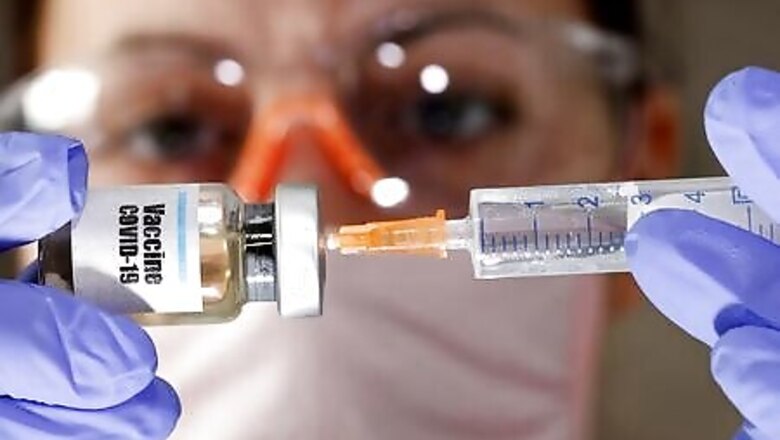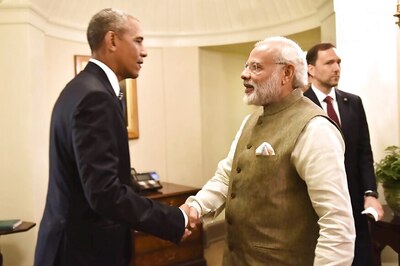
views
BRUSSELS The European Union has warned member states of the risk of shortages of syringes, wipes and protective gear needed for potential mass vaccinations against COVID-19 and urged them to consider joint procurement, according to an EU document.
The bloc has also asked EU governments to consider jointly buying more shots against influenza and increase the number of people vaccinated to reduce the risk of simultaneous flu and COVID-19 outbreaks in the autumn.
No vaccine against COVID-19 has yet been fully developed or approved, but countries around the world are seeking to secure supplies of potential shots so that, if and when vaccine candidates prove effective, immunisation campaigns can start quickly. Some countries hope that may be as early as this year.
Should a shot prove effective, manufacturing and distribution issues could become hurdles.
“COVID-19 vaccines, once developed, may come without syringes and other items,” the EU Commission, the bloc’s executive arm, told health experts from European countries at a meeting last week, according to a summary report on its website.
“There could be shortages,” it warned, asking governments about their stocks of syringes, wipes, alcohol and personal protection equipment such as face masks.
It urged EU states to consider joint procurement, with representatives of Italy and the Netherlands expressing interest, according to the document. Joint purchase schemes are considered useful to obtain better prices and avoid EU governments vying against each other.
A spokeswoman for the Netherlands’ National Institute for Health confirmed the EU’s plans and said the country of 17 million had already began a process on its own to acquire 10 million syringes and needles.
A spokesman for the Commission declined to comment, as preparations for the possible launch of procurements are confidential.
The EU executive also said at the meeting that it had approached vaccine makers about whether additional doses of influenza vaccine were available, according to the document.
EU governments were invited to communicate their interest by July 24 on the joint purchase of flu vaccines. The Commission declined to comment on the process.
Disclaimer: This post has been auto-published from an agency feed without any modifications to the text and has not been reviewed by an editor



















Comments
0 comment